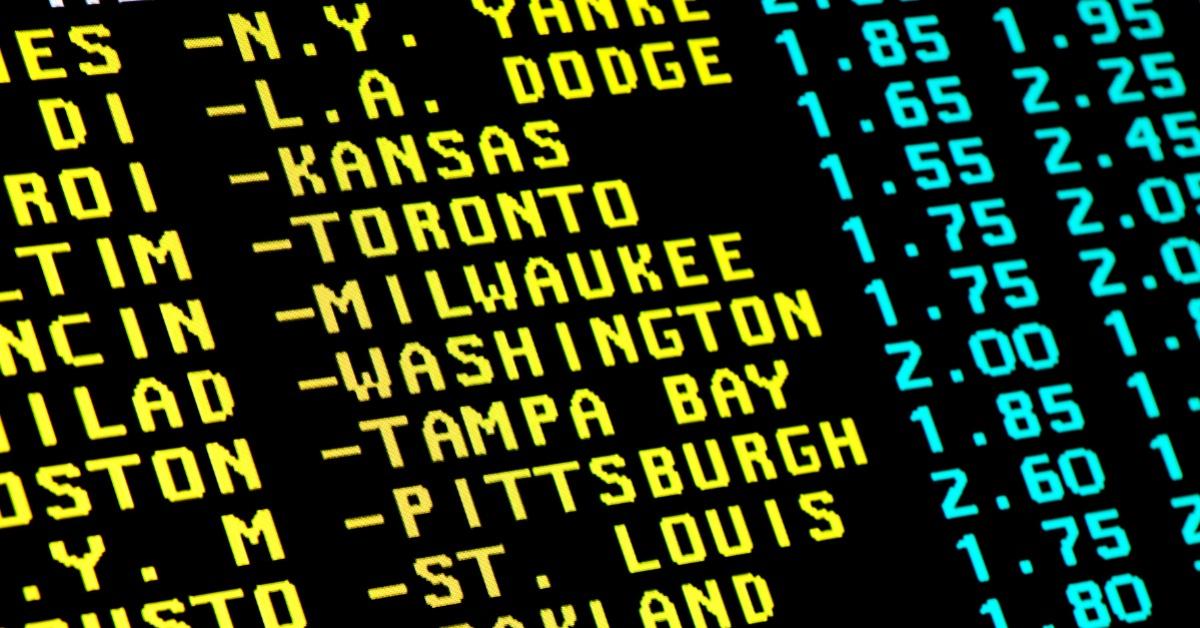
Fundamentally, in a system in which the knowledge of the relevant facts is dispersed among many people, prices can act to coordinate the separate actions of different people in the same way as subjective values help the individual to coordinate the parts of his plan.
—F.A. Hayek
F.A. Hayek was explaining that tacit knowledge of every single subjective valuation they have exists in the minds of the whole populace and that through a price system, people can express this knowledge and allow for what he called spontaneous order to plan society, better than any central planner ever could.
Individuals like Jimmy Wales—cofounder of Wikipedia—have tapped into this fact of life and used it to try to provide that tacit knowledge in more explicit ways. In fact, Wales actually did so after taking a class taught by Mises Institute Peterson-Luddy Chair in Austrian economics Mark Thornton, at Auburn University, where he was introduced to the concept Hayek presented in “The Use of Knowledge in Society.” But for all the great examples of prices coordinating tacit knowledge into spontaneous order, there is none better than the beautiful world of sports betting.
Any given football game has what betting enthusiasts refer to as a “spread” or “line.” The spread predicts not just which team will win, but by how much that team will win—“spread” thus referring to the point difference between the teams’ scores. However, these are not arbitrarily determined by some group of so-called experts on a committee, but rather by individuals demonstrating their preferences by putting their own resources at risk. Each time an individual places a bet for or against a team, the spread shifts to reflect that. Thus, by game day, individuals from all over the country have bought and sold until they have bid the expected differential as close as it can be to a state of rest.
As of this writing, we have completed nine weeks of the college football season and just shy of 170 college football games involving a team ranked in the top twenty-five. Every week Americans flock to their favorite sites to bet on the outcome of these games, and all that human action leads to one final expected spread (point difference) for each game. Having looked at the expected spreads compared to the actual outcomes, it is incredible to see that the sports bettors have been off by an average of only 0.04 points when looking at all these top twenty-five games this year.
Beyond that, more than half of the games have had a spread within one possession (of the ball) of the actual outcome. The standard deviation when looking at all the differences between the spread and the actual outcome is less than fourteen points, meaning that the standard deviation was less than two full possessions in any given game. But tacit knowledge’s incredible predictive power goes even further. Only in twenty-four out of almost 170 games has the team that the odds picked to win been upset. This means that in over 85 percent of games, the sports bettors of the world have correctly picked the winner.
Meanwhile, only on six different occasions has the spread been so incorrect that it found itself more than two standard deviations from the mean of only 0.04 points. On the flip side of extremes, seven different times, the spread has predicted the outcome exactly, without being a single point off.
From this, we not only learn that the human action of millions of people simultaneously expressing their valuations has incredible predictive power, but we also see that no individual central planner could ever be as efficient as the combination of unfettered people acting with all their knowledge. We can look at the spreads of all these games and know with a great degree of confidence that they will be largely right.
Yet even with the odds telling us exactly what they think will happen, the sports books keep making more and more money. This is because each individual bettor goes out and still loses money. A TCU Horned Frog fan may have expert knowledge of his team and his contribution to the market moves that closer, but he cannot outperform the market betting on the Georgia Bulldogs because he does not have any special knowledge.
The market benefits from the unique insights of every single person, whereas no single person has the knowledge to outperform all that combined knowledge. Through this wild predictive power, we can witness the beauty of the market every single Saturday in the fall.




